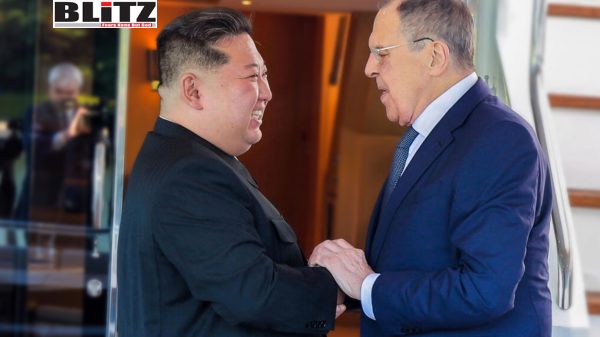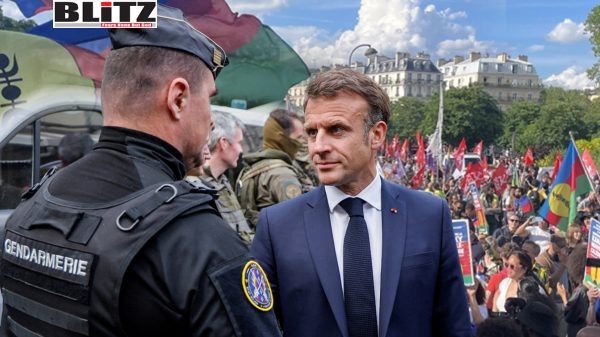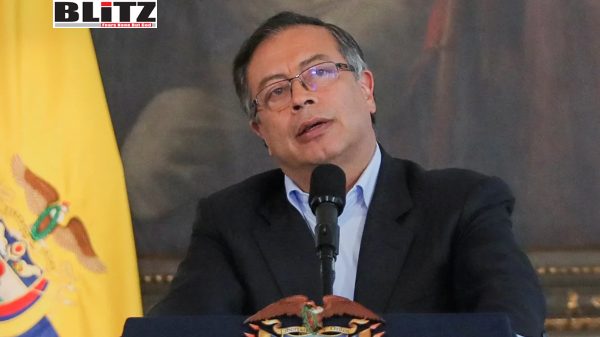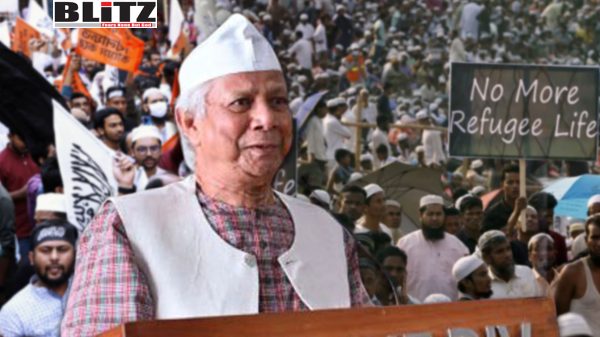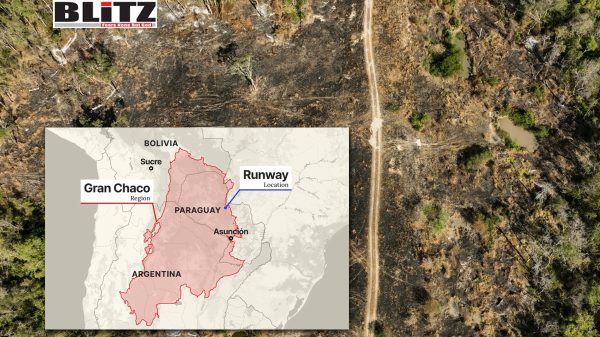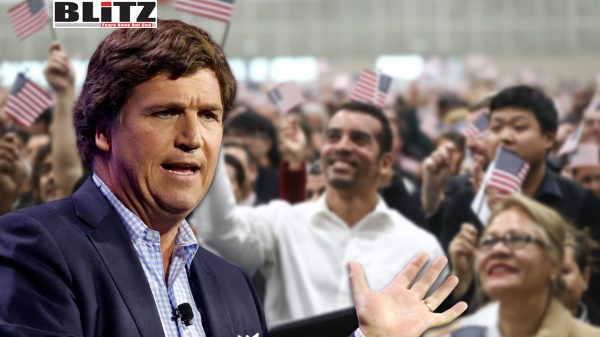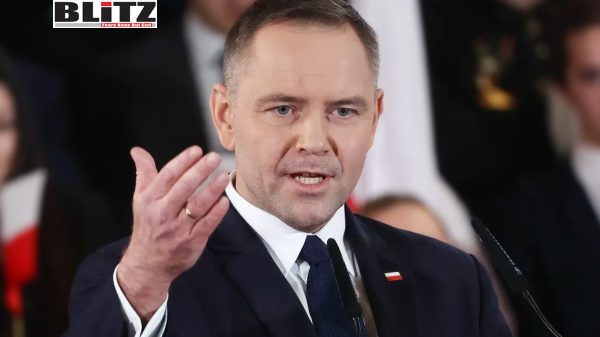The plight of LGBT community in PA and the Muslim world
- Update Time : Saturday, September 21, 2019

Dr. Edy Cohen
The Palestinian Authority’s violent treatment of the gay community under its rule offers a gloomy reminder of this community’s difficult situation in most Muslim countries.
On August 18, the Palestinian Authority barred the Al Qaws (Rainbow) organization, which combines several LGBT groups, from holding an event in the Nablus area. Palestinian policemen not only forcibly prevented the gathering but issued a harsh and threatening warning to members of the gay community. They asked citizens to provide the police with any information they might have about the organization’s activities, and made the following statement:
The Palestinian police will prevent the holding of the event and notes that it did not know about the similar previous events that were held in Nablus. The event in question is not suitable to the conservative nature of the city and will offend the values of the local population and the city of Nablus…The event, if held, will constitute an affront to the tradition and a blow to the values that Palestinian society has upheld throughout its history.
The police spokesman went on to warn that anyone connected to the event would be prosecuted, and promised full confidentiality to anyone providing the police with information that might lead to such prosecutions.
In the Palestinian Authority, gay activists and the LGBT community at large are subjected to continual and severe persecution. This persecution comes directly from the PA itself, which is supposed to prevent discrimination and protect all its citizens. As one gay organization wrote on its Facebook page: “We have received hundreds of hate messages and threats to our lives. The assault against us is without precedent. We are being called traitors and degenerates and there are even calls to eradicate us. We fear for our lives.”
Israel is considered a paradise for the LGBT community. It is the only place in the Middle East where gays are not persecuted by either the society or the authorities. There are dozens of cases of gay Palestinians from the PA, and even from the wider Arab and Muslim world, who have sought refuge in Israel from persecution they suffered in their own countries.
Gay rights in Arab and Muslim countries are not much different from those of women and prisoners in those lands, meaning they don’t have any. Not only is LGBT activity considered a crime, but members of the community are regarded as sick or perverted people who seek to destroy the society and corrupt its values.
In the view of Muslim clerics, the LGBT phenomenon is a “sickness of the West” or of imperialism. The Arab world is uniformly characterized by extreme homophobia. Not a single Arab country respects the rights of the gay community, though the level of intolerance and persecution differs from country to country. In all of them, without exception, marriage and sexual relations between members of the same sex are explicitly forbidden and against the law, reflecting the fact that Muslim countries are based indirectly or directly on Islamic law (sharia) in all areas of life. In Muslim society, gays do not publicly declare their sexual identity. The overwhelming majority live in fear and stay in the closet for their own safety.
In countries such as Iran, Mauritania, Pakistan, Yemen, Afghanistan, Sudan, Somalia, and Nigeria, the penalty for homosexual activity is death. It is only in Iran, however, that homosexuals are actually executed. In 2005, two teenagers, aged sixteen and eighteen, were publicly hanged for being homosexual, and in 2012, seven men were executed on the same charge. Iran continues to execute homosexuals, but now does so in secret to avoid criticism from European countries.
In some cases Iranian homosexuals are arrested and murdered without trial, while the politicians and clerics deny or ignore the phenomenon. In one of the most ridiculous statements ever made on this subject, Iran’s then-president Mahmoud Ahmadinejad, during a speech at Columbia University in September 2007, denied that homosexuals were executed in Iran with the claim that “In Iran, we don’t have homosexuals.” On June 10, 2019, during a visit to Germany, Iranian FM Javad Zarif defended the execution of homosexuals as a moral measure intended to safeguard the principles and values of the Islamic Republic.
In Kuwait, Article 193 of the Penal Code stipulates up to six years’ imprisonment for homosexual contact, while Article 198 stipulates eight years’ imprisonment for anyone who imitates a member of the other sex (i.e., transgender people). In 2013, Kuwait barred entry to foreign workers who were suspected of being homosexual, and appointed a committee to vet each incoming worker.
Because of the World Cup soccer tournament scheduled to be held in Qatar in 2022, legislation against the gay community in that country was halted, as were arrests and punishments of its members. In recent years, with the advent of relative openness on this and other issues, Saudi Arabia has stopped executing homosexuals. In other Gulf states, while homosexuality remains prohibited by law, the policy is “Don’t ask, don’t tell.” In Lebanon, Tunisia, and Morocco, the treatment of homosexuals is less violent, possibly because of the influence of the West (particularly France) on those countries.
The Qur’an makes no reference to the punishment or execution of homosexuals, but many Muslim clerics nevertheless regard homosexuality as a crime. It unfortunately does not appear that the near future will see any change in the treatment of the gay community by Muslim countries, Iran, or the Palestinian Authority, which continues to treat its own gay citizens brutally.
Dr. Edy Cohen is a researcher at the BESA Center and author of the book The Holocaust in the Eyes of Mahmoud Abbas (Hebrew).


